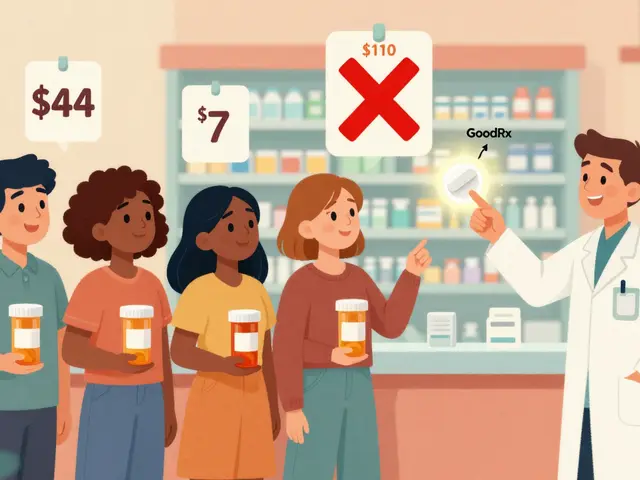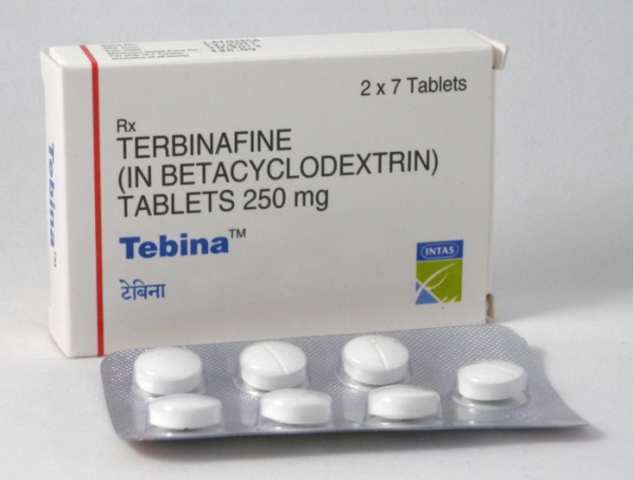Antipsychotic weight gain — what you need to know and do
Gaining weight after starting an antipsychotic is common and can feel out of your control. The good news: you can reduce the risk and take steps to stop extra pounds from piling on. This page explains why it happens, which medicines carry the biggest risk, and clear actions you can start today.
Which drugs cause the most weight gain?
Not all antipsychotics are equal. Clozapine and olanzapine are linked to the largest and fastest weight gain. Quetiapine and risperidone often cause moderate gains. Drugs like aripiprazole and ziprasidone tend to have lower weight-related effects for many people, though individual responses vary. Weight gain often shows up in the first 3 months but can continue over a year.
Why does this happen? Antipsychotics can change appetite signals in the brain, slow metabolism, and affect insulin and lipid levels. That means you might feel hungrier, crave carbs, or store more fat even if you eat the same as before.
Practical steps to prevent or manage weight gain
Start with measurements. Ask your prescriber for baseline weight, waist size, blood glucose and lipid tests. Re-check weight weekly during the first 3 months and labs at 3 months, then yearly. Tracking gives you early warning so you can act fast.
Small, specific lifestyle moves beat vague advice. Aim for 150 minutes of moderate activity weekly (brisk walking, cycling), plus two resistance sessions a week to keep muscle. Cut sugary drinks and swap processed snacks for veggies, fruit, nuts, or plain yogurt. Try simple portion control: eat from a plate, not straight from the package, and put half your plate as vegetables at meals.
Sleep and routine matter. Poor sleep raises hunger hormones, so aim for consistent bedtimes and 7–9 hours per night. Manage stress with short walks, breathing exercises, or a supportive friend—stress often triggers overeating.
If lifestyle steps aren’t enough, talk to your doctor. Switching to a lower-risk antipsychotic can help but must be done carefully. Some people benefit from adding metformin; clinical trials show it can reduce antipsychotic-associated weight gain for some patients. Always discuss risks and benefits with your prescriber—never stop or change medication on your own.
Get help from a dietitian or mental health team if you need structure. Behavioral approaches like brief counseling, meal planning, and group support produce better results than going it alone. Small consistent changes over weeks make the biggest difference.
Finally, watch for metabolic signs: rising waist size, tiredness, frequent thirst, or changes in cholesterol or glucose tests. These are reasons to act fast—adjust lifestyle, consult your clinician, and protect your long-term health while keeping mental health stable.
If you want, I can make a simple weekly plan for meals and exercise based on where you live and what you like to eat. Want that?
21
Abilify Alternatives for 2025: New Medications Without Weight Gain Risks
Discover the safest Abilify alternatives in 2025. We review new antipsychotics and partial agonists that help avoid weight gain and lower metabolic risks.
Latest Posts
Popular Posts
-
 Extended Use Dates: How the FDA Extends Drug Expiration Dates During Shortages
Extended Use Dates: How the FDA Extends Drug Expiration Dates During Shortages
-
 Magnesium Supplements and Osteoporosis Medications: What You Need to Know About Timing
Magnesium Supplements and Osteoporosis Medications: What You Need to Know About Timing
-
 Out-of-Pocket Costs: How Generics Cut Your Drug Bills - and When They Still Hurt
Out-of-Pocket Costs: How Generics Cut Your Drug Bills - and When They Still Hurt
-
 Enteral Feeding Tube Medication Safety: Compatibility and Flushing Protocols Explained
Enteral Feeding Tube Medication Safety: Compatibility and Flushing Protocols Explained
-
 Celiac Disease: Gluten-Free Living and Nutrient Supplementation
Celiac Disease: Gluten-Free Living and Nutrient Supplementation



